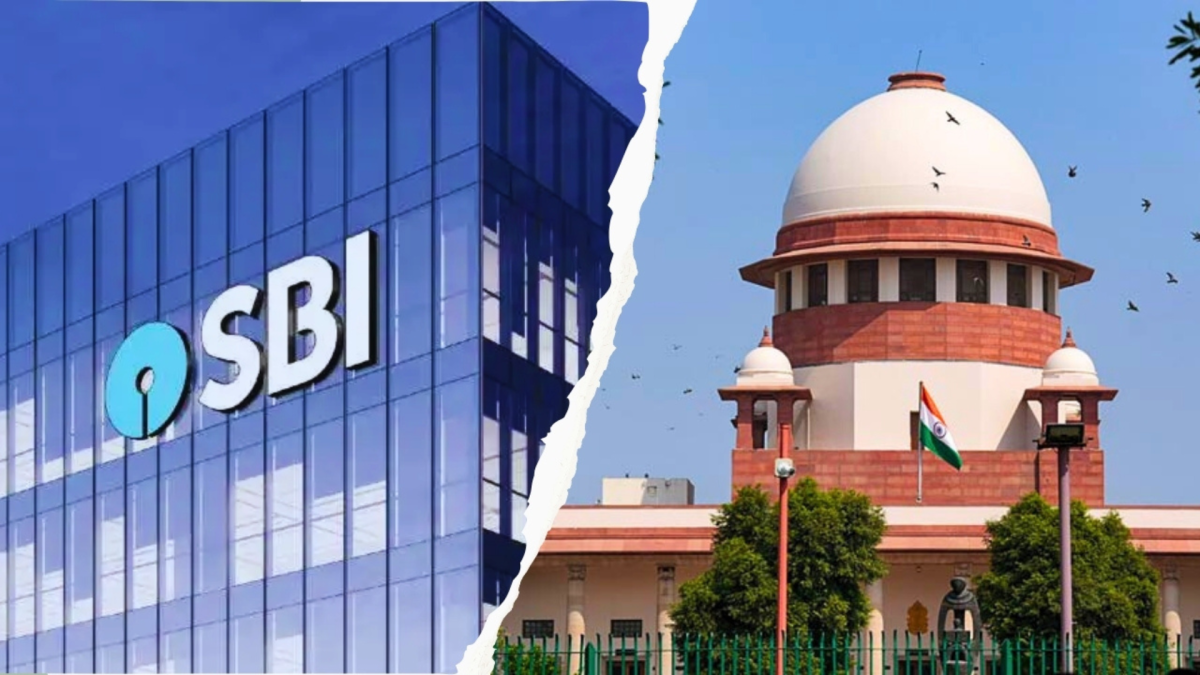Electoral Bonds: Uncover the latest developments as the Supreme Court rejects SBI’s plea for non-disclosure of electoral bonds details, reshaping the transparency landscape. Dive into the intricate world of electoral bonds and explore the implications of this pivotal decision.
The use of electoral bonds has been a topic of widespread discussion, and the recent decision by the Supreme Court regarding SBI’s plea adds a new layer to this debate. This article delves into the rejection of the plea and its potential consequences, shedding light on the need for transparency in political funding.
The Supreme Court’s Decision
In a landmark judgment, the Supreme Court firmly rejected the State Bank of India’s plea to withhold details related to electoral bonds. The court emphasized the paramount importance of transparency in political financing, setting a precedent for future cases. This section provides a comprehensive overview of the court’s decision and its implications.
Background of Electoral Bonds
Understanding the genesis and purpose of electoral bonds is crucial to grasp the context of the Supreme Court’s decision. Electoral bonds were introduced to bring a structured and legitimate method to political funding. This segment explores the inception, purpose, and operational aspects of electoral bonds.
SBI’s Plea for Non-Disclosure
State Bank of India’s argument for non-disclosure rested on certain grounds, challenging the transparency norms associated with electoral bonds. Uncover the intricacies of SBI’s plea and its potential impact on the transparency landscape in political funding.
Public and Political Reactions
Reactions to the Supreme Court’s decision have been varied and impactful. This section captures the pulse of the public and political figures, providing insights into how different stakeholders perceive the court’s stance on electoral bond transparency.
Importance of Disclosure
Why is the disclosure of electoral bond details crucial for the democratic process? Delve into the significance of revealing such information and its direct impact on ensuring transparency in electoral funding.
Legal and Ethical Perspectives
Explore the legal framework surrounding electoral bonds and the ethical considerations that come into play when discussing transparency in political financing. This section analyzes the legal implications of the Supreme Court’s decision.
Alternatives for Electoral Funding
With the rejection of SBI’s plea, discussions about alternative methods for electoral funding gain prominence. Evaluate various funding alternatives, weighing their pros and cons and considering their implications on transparency.
Future Implications
What lies ahead in the realm of electoral funding? Examine the potential changes in laws and regulations, anticipating the long-term impact of the Supreme Court’s decision on political financing.
International Comparisons
Drawing comparisons with other nations provides valuable insights into how different countries handle transparency in political funding. Uncover lessons from international practices and consider their relevance to the Indian context.
Frequently Asked Questions
Are electoral bonds legal in India?
Yes, electoral bonds are legal in India and were introduced as a legitimate means of political funding.
Why did the Supreme Court reject SBI’s plea?
The Supreme Court rejected SBI’s plea to uphold transparency in political financing, emphasizing the importance of disclosure in the democratic process.
How do electoral bonds function?
Electoral bonds operate as a financial instrument for political donations, allowing donors to contribute to political parties anonymously.

